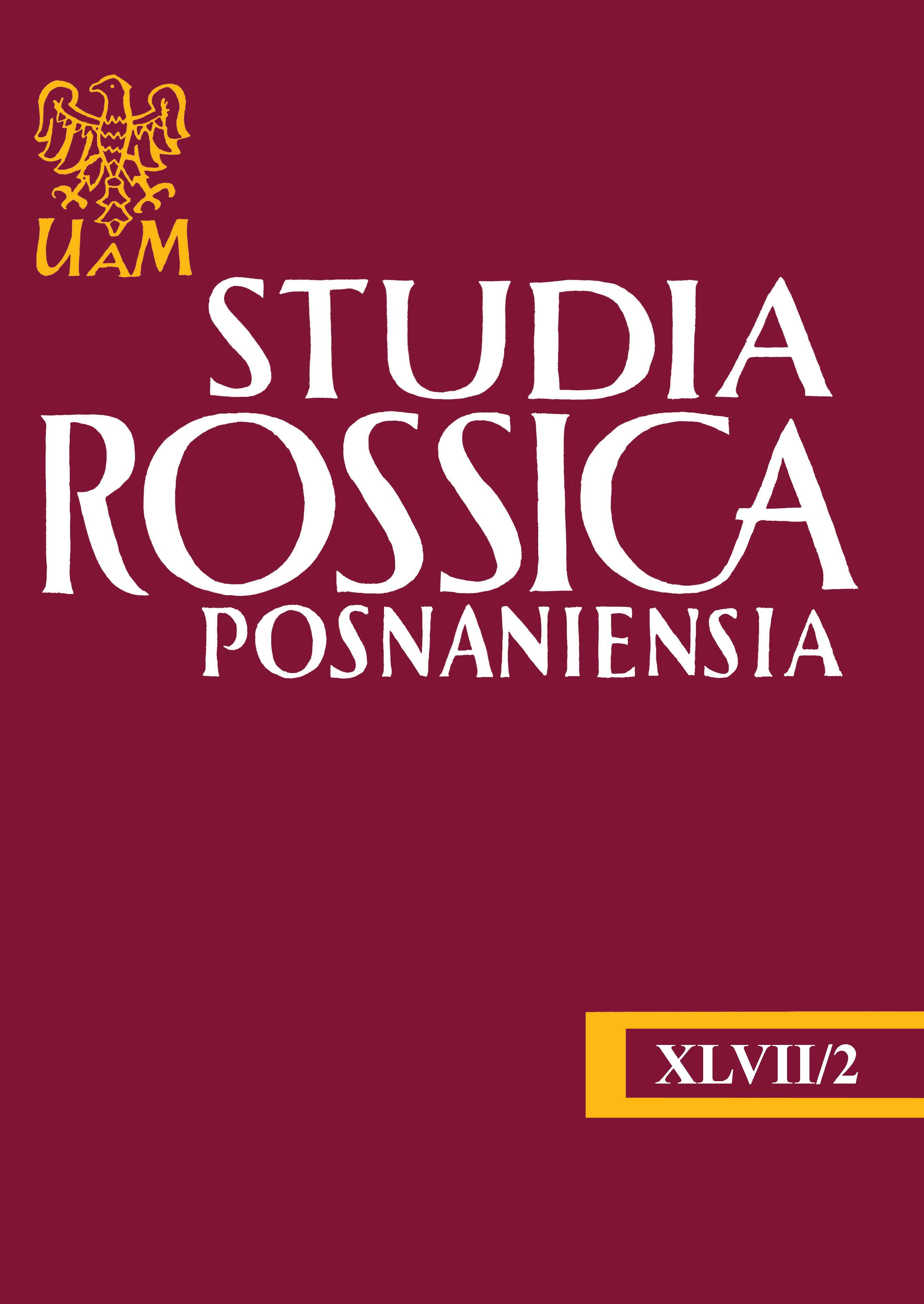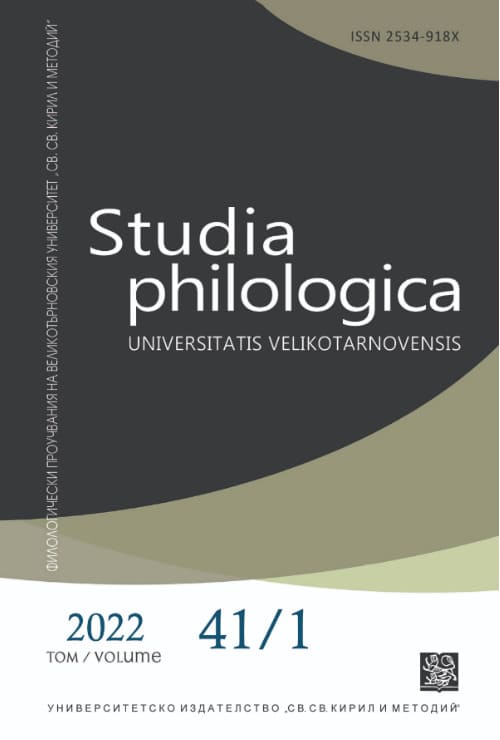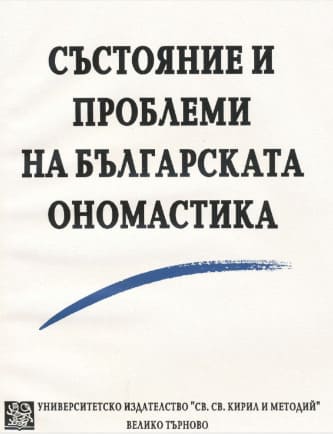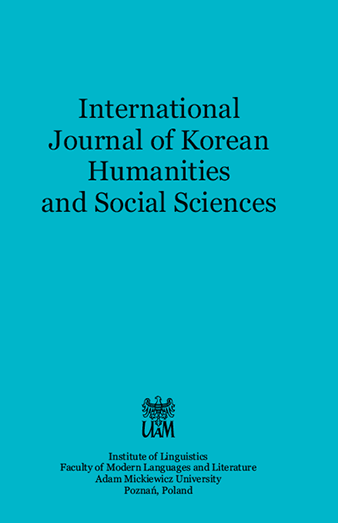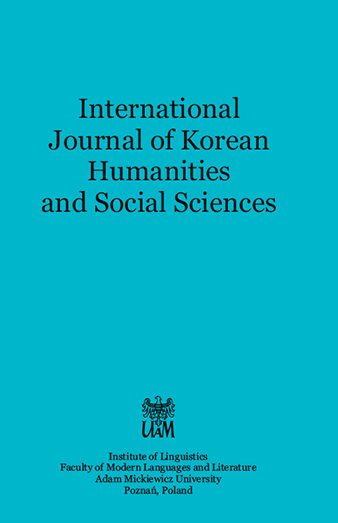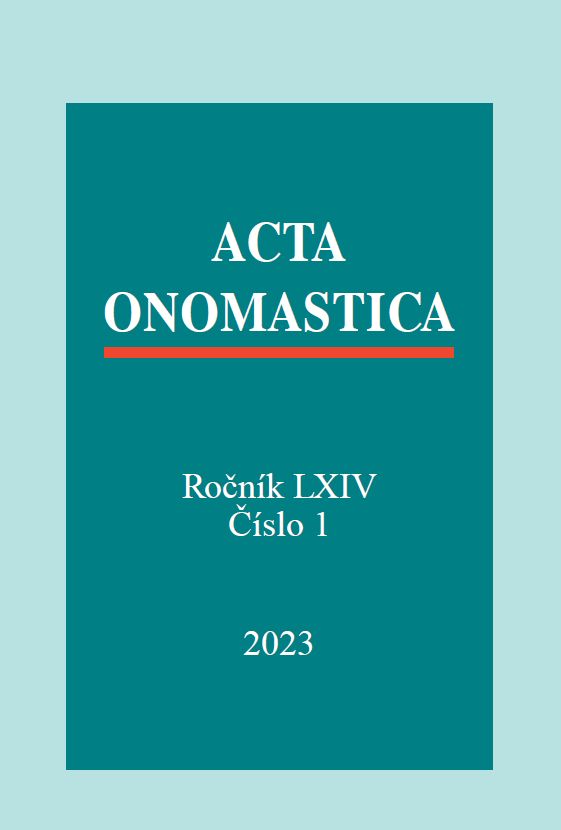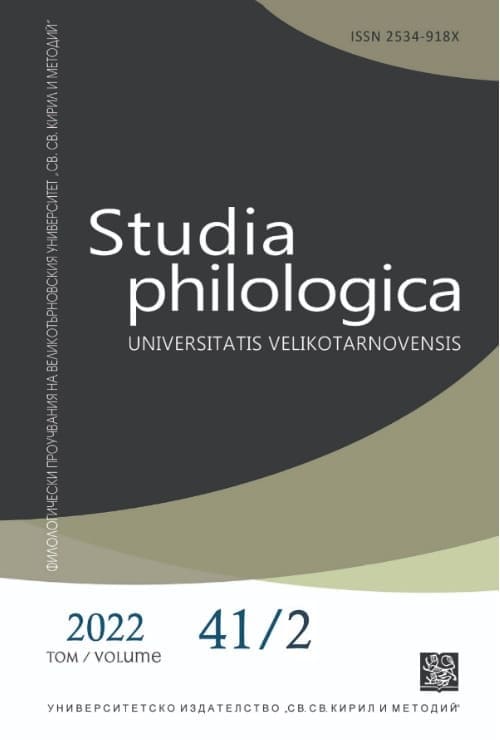
Новото „предизвикателство“ в българския език – значение и концепт
The study focuses on a new meaning of the native word predizvikatelstvo (challenge), which comes as a semantic calque from English. This meaning transfers a new concept which is identified, perceived and mastered as experience and value by the speakers of Bulgarian. The new meaning demonstrates awareness transfer related to particular type of behaviour and attitude towards tasks and goals. Such awareness has existed in human nature but has not been previously identified likewise. Probably that is the reason why so far it has not been denoted in the Bulgarian language. As a whole, the study contributes to the description of new meanings, included in the dictionaries of new words and meanings.
More...
